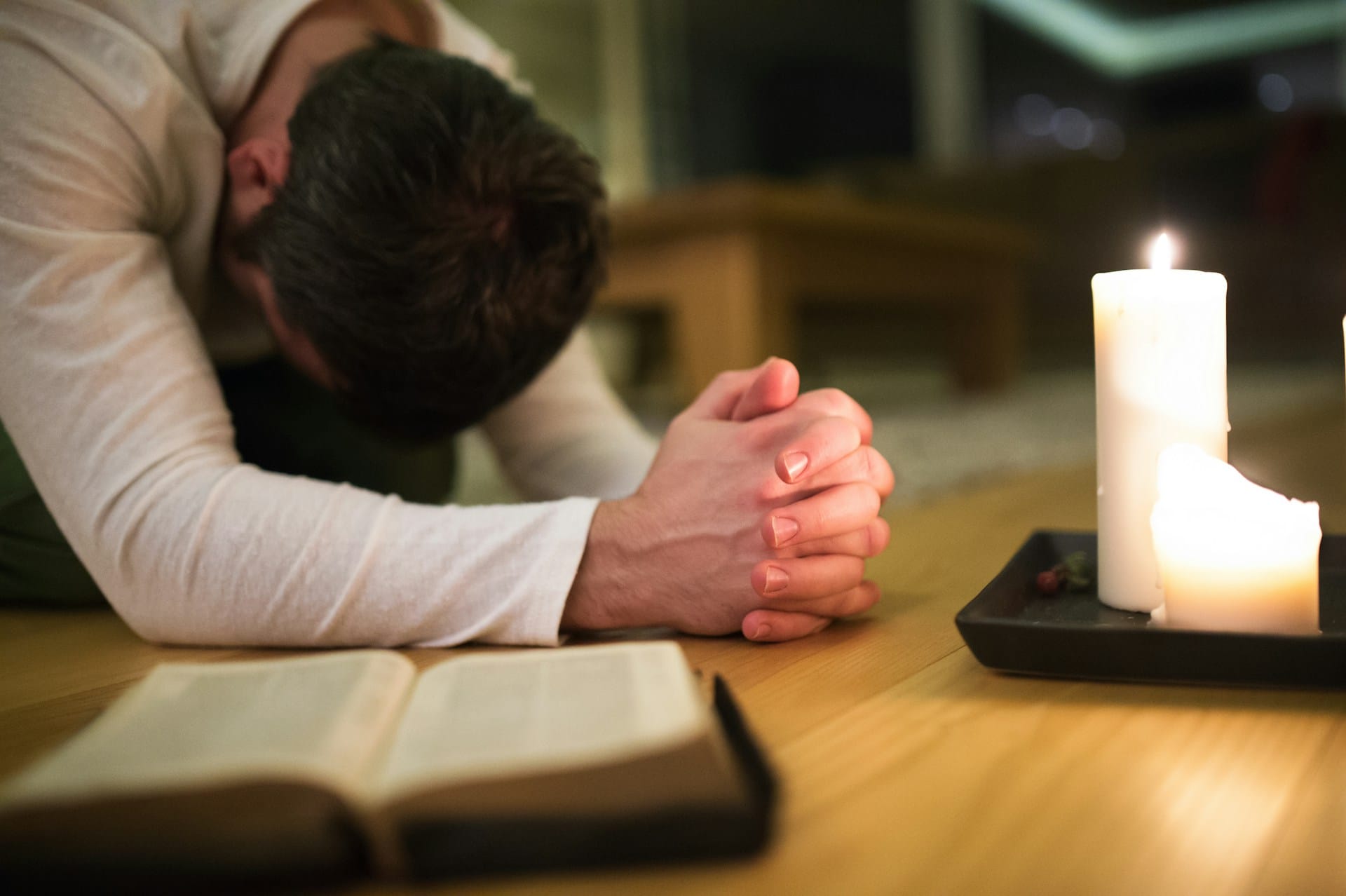Even though most people will experience grief at least once in their lives, many misunderstand it. Most tend to see grief as an emotional disturbance after someone dies, one that we must try to get through so that we can have stable lives once again. This couldn’t be further from the truth. When we understand it and allow it to affect us positively, parts of us grow and change for the better.
Misunderstandings About Grief
Our understanding of grief is shaped by many things, such as our family’s attitude toward death, our personal experience with loss, and cultural influences. Some people fear death because they have been warned from a tender age about the existence of hell and judgment in the afterlife. Their attitude might be affected by fear.
Other people have a stoic attitude toward emotional displays of any kind, so they view grief as something that must be “dealt with” so that a person can move forward in their life. It helps to examine what we believe about it, whether we are facing it ourselves or supporting someone else through it.
It is not an emotion
Grief is not a single emotion we experience. Rather, it is a mental, physical, emotional, and spiritual response to loss. We might feel many emotions in grief, even conflicting ones. Sometimes we don’t feel any emotions, at least at first. It is a complex experience that affects each part of our own life and reaches out to affect those closest to us.
It is not only about death
We most commonly associate grief with the death of a loved one, but people may grieve for all manner of things. When we lose something that has deeply impacted and shaped us, we will grieve. People grieve over relationships, jobs, places they once lived, and even dreams that never came true.
Any time that we are forced to accept that something meaningful to us is gone and can’t come back, or is forever out of reach, we will experience grief for that thing. It is an expression of love, passion, and gratitude.
It is unique to each person
Grief looks different to each person who experiences it. Sometimes this will mean that others can’t understand what we are going through. For example, a person who experienced abuse in their early childhood might begin playing with toys in their adulthood as an expression of grief over their lost innocence.
They are comforting themselves by engaging in an activity that is unique to their experience. There is no right or wrong way to grieve, just as there is no right or wrong thing to grieve over.
It is not linear
 Grief can be complex and overwhelming, and we can’t be blamed for wishing it were over a lot of the time. It would be easy if there was a five-step process to grief, but sadly there isn’t. A helpful image to associate with grief is the sky or the ocean: sometimes it is calm and clear with favorable conditions, but without warning it may get dark and even dangerous. It is messy and unpredictable.
Grief can be complex and overwhelming, and we can’t be blamed for wishing it were over a lot of the time. It would be easy if there was a five-step process to grief, but sadly there isn’t. A helpful image to associate with grief is the sky or the ocean: sometimes it is calm and clear with favorable conditions, but without warning it may get dark and even dangerous. It is messy and unpredictable.
It is unpredictable
Not only is grief not linear, but it is also unpredictable. A person might start feeling more stable after cycling through many emotions for months on end, only to be triggered by an unforeseen thing like a song on the radio. Suddenly, they are right back in their emotions in a public place where they feel vulnerable and raw. Unfortunately, it is often messy this way.
People don’t get over grief
For many people, this is the last thing they want to hear. The truth is that you never “get over” grief. In some way, your life has been forever changed by loss, and the process of grieving something or someone is to help you cope with that loss. It’s more about finding a way to cope with loss and adapting to a new way of life.
Help is Available
It’s not uncommon for people to feel “stuck” in their grief, either feeling like they can’t get past a certain emotion or that they haven’t even begun to process the loss. You are not alone if you feel this way, and it is something that a Christian counselor in Rowlett might be able to help you with. If you would like to meet with a counselor to talk about it, please contact our office today at Texas Christian Counseling, Rowlett to begin the process of counseling.
Photo:
“Grassy Hills”, Courtesy of Jonny Gios, Unsplash.com, Unsplash+ License
- Wade Van Staden: Author
As a native of Zimbabwe, Africa I have always used what I have to help where and whomever I can. I became a certified counselor immediately after leaving school, and have worked in charities, missions, and community projects and churches ever since....
DISCLAIMER: THIS ARTICLE DOES NOT PROVIDE MEDICAL ADVICE
Articles are intended for informational purposes only and do not constitute medical advice; the content is not intended to be a substitute for professional medical advice, diagnosis, or treatment. All opinions expressed by authors and quoted sources are their own and do not necessarily reflect the opinions of the editors, publishers or editorial boards of Stone Oak Christian Counseling. This website does not recommend or endorse any specific tests, physicians, products, procedures, opinions, or other information that may be mentioned on the Site. Reliance on any information provided by this website is solely at your own risk.





